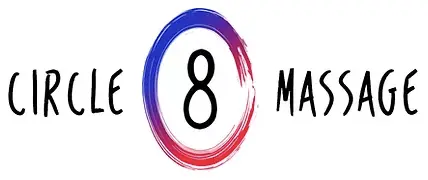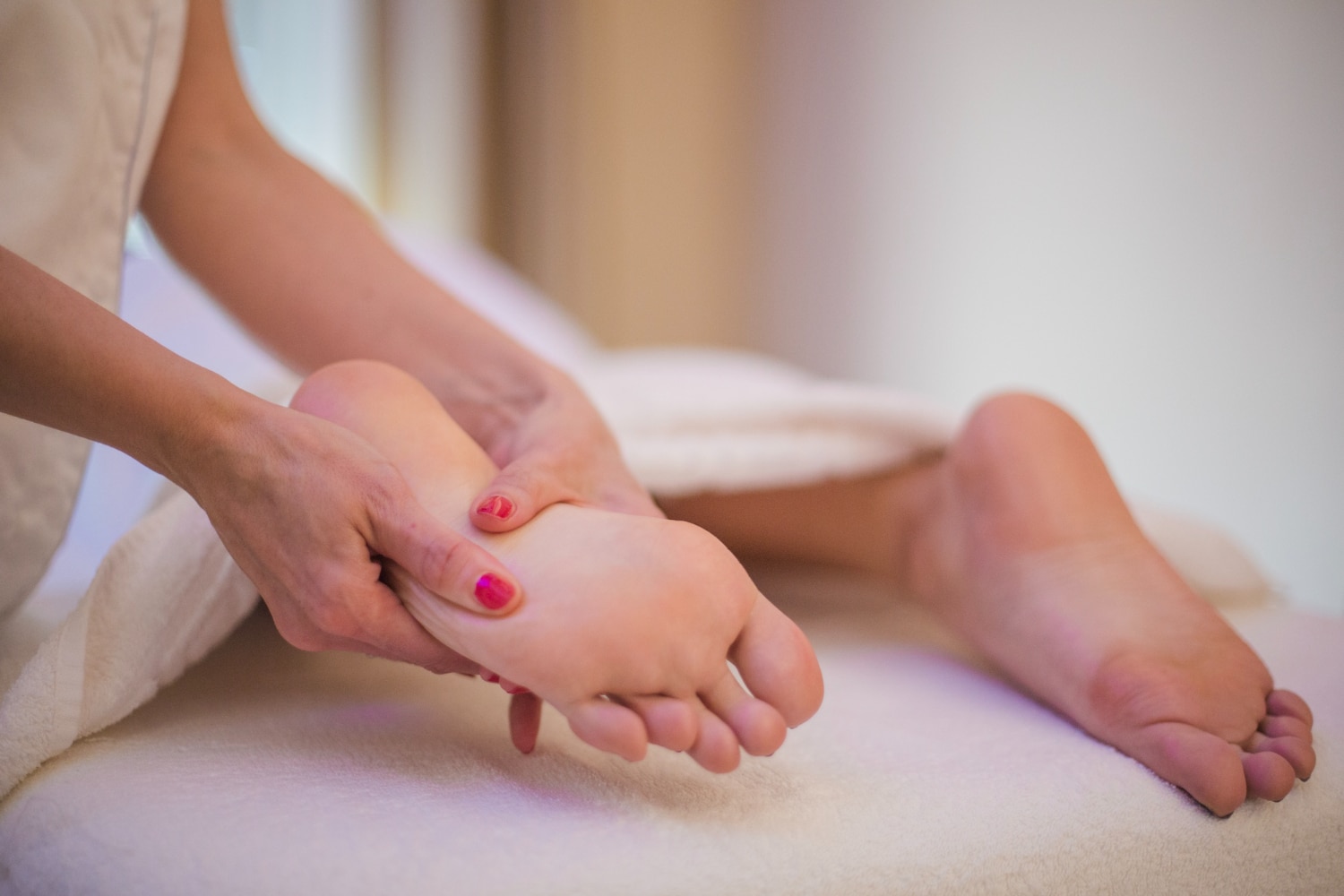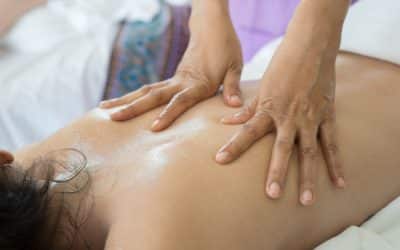What is Reflexology?
Reflexology is a therapeutic practice based on the idea that specific points on the feet, hands, and ears correspond to different organs and systems within the body. By applying targeted pressure to these reflex points, practitioners aim to promote relaxation, improve circulation, and support the body’s natural healing processes.
Unlike massage, which focuses on the manipulation of muscles and soft tissues, reflexology works on reflex points that stimulate nerve pathways, connecting the body’s internal systems. This ancient practice, originating from Egyptian, Chinese, and Indian traditions, has evolved into a scientifically recognised complementary therapy.
The Science Behind Reflexology
Modern reflexology leverages the interconnectedness of the nervous system. When a reflexologist applies pressure to specific areas, it activates the parasympathetic nervous system, often called the “rest and digest” system. This can lead to:
- Reduced Stress Levels: Reflexology decreases cortisol levels, the hormone responsible for stress, promoting a sense of calm and relaxation.
- Improved Blood Circulation: By stimulating nerve pathways, reflexology enhances oxygen and nutrient delivery throughout the body, aiding healing and energy levels.
- Detoxification: Reflex points linked to the liver, kidneys, and other detoxifying organs help remove toxins from the body more effectively.
- Pain Relief: Reflexology has shown promise in alleviating chronic pain, including headaches, back pain, and joint discomfort.
Scientific studies have also indicated that reflexology may reduce symptoms in people with conditions such as anxiety, migraines, hormonal imbalances, and even cancer-related discomfort.
Physical and Mental Benefits of Reflexology
Reflexology is unique in its ability to simultaneously benefit the physical and emotional aspects of health.
Physical Benefits:
- Relieves Tension and Aches: Targeting reflex points can ease muscle tension and relieve chronic pain.
- Boosts Immunity: Reflexology enhances lymphatic drainage, supporting the immune system in combating illnesses.
- Supports Digestive Health: Reflex points corresponding to the stomach and intestines can promote better digestion and alleviate bloating or discomfort.
- Enhances Sleep Quality: Reflexology encourages relaxation, helping with insomnia and improving the depth of sleep.
Mental and Emotional Benefits:
- Stress Reduction: The calming effects of reflexology can significantly lower anxiety levels.
- Emotional Balance: Stimulating specific reflex points can help release pent-up emotions, fostering emotional resilience.
- Improved Focus and Clarity: Regular sessions may improve cognitive function and mental clarity, helping you stay more focused throughout the day.
What to Expect During a Reflexology Session
A reflexology session is typically performed in a quiet, soothing environment. The practitioner begins by assessing your health history and discussing any specific concerns or goals. As you relax in a comfortable chair or massage table, gentle yet firm pressure is applied to targeted reflex points on your feet, hands, or ears.
Many clients describe the sensation as deeply relaxing, with some areas feeling tender if they are linked to an imbalance in the body. Sessions typically last between 30 and 60 minutes and are tailored to address individual needs.
Who Can Benefit from Reflexology?
Reflexology is a versatile therapy suitable for most people, from children to seniors. Whether you’re dealing with chronic health conditions, recovering from an injury, or simply seeking relaxation, reflexology can be an effective tool in your wellness arsenal.
Specific groups who may particularly benefit include:
- Stress-Prone Individuals: Reflexology helps in managing work-related or lifestyle-induced stress.
- Athletes: For faster recovery and muscle tension relief.
- Pregnant Women: Reflexology can ease pregnancy discomforts and prepare the body for labor (always consult a healthcare provider).
- Chronic Illness Patients: It supports those with fibromyalgia, arthritis, and other persistent health challenges.
Is Reflexology Safe?
Reflexology is generally considered safe for most individuals. However, it’s always a good idea to consult with your healthcare provider, especially if you have underlying health conditions such as diabetes, circulatory disorders, or are pregnant. A skilled reflexologist will adapt techniques to ensure your comfort and safety.
Experience Wellness with Us!
Reflexology offers a gentle yet powerful way to revitalise your body and mind. Whether you’re battling stress, seeking relief from chronic pain, or simply wanting to unwind, reflexology can be a transformative experience.
Ready to take the first step towards holistic wellness? Contact us today to schedule your reflexology session.







